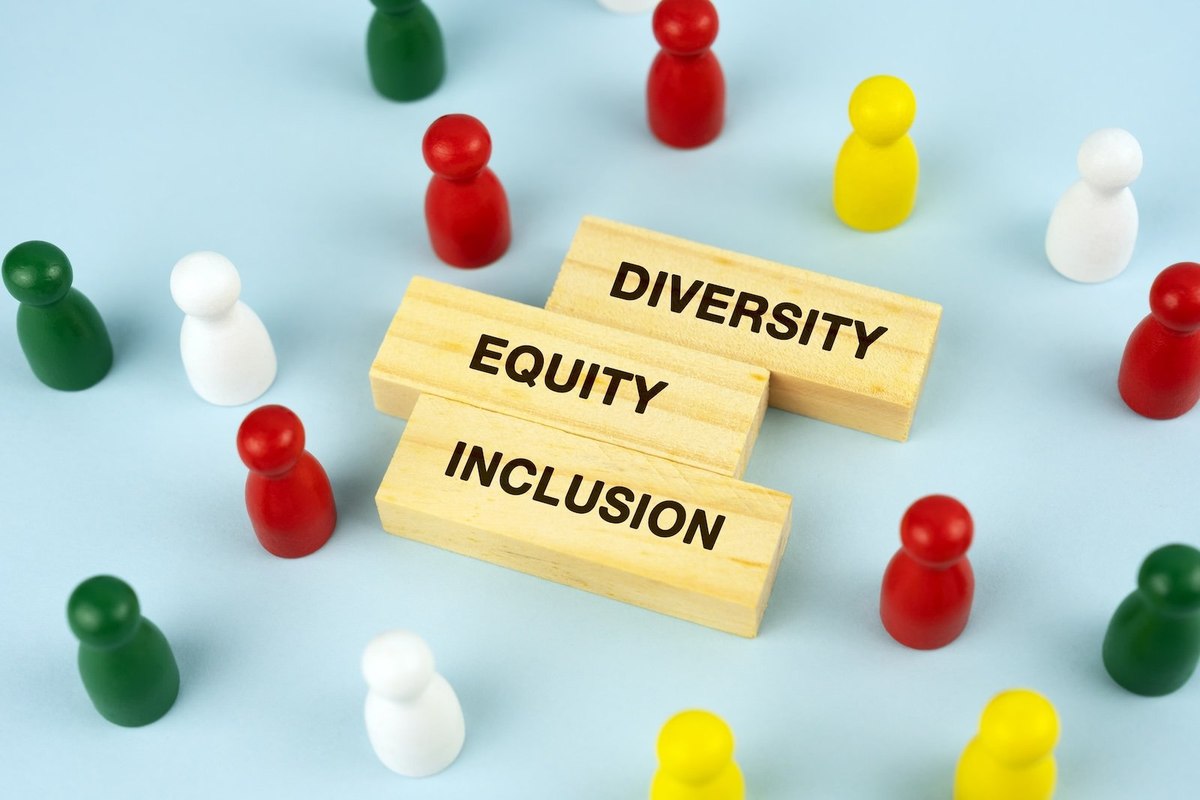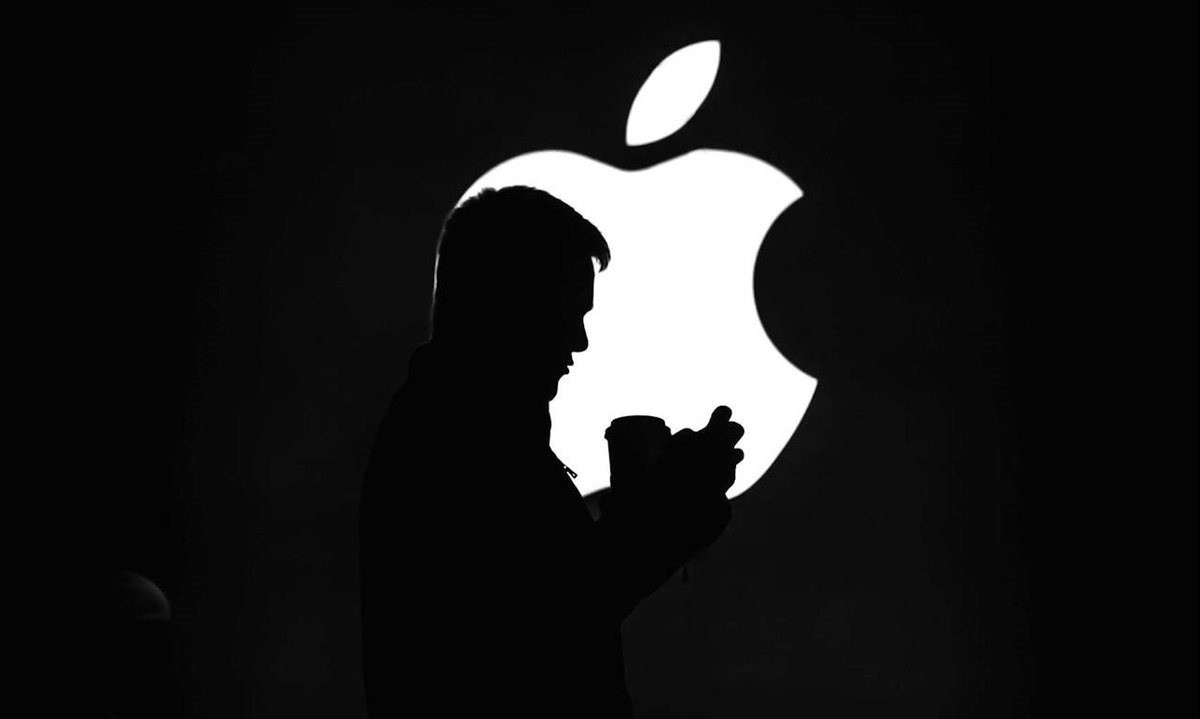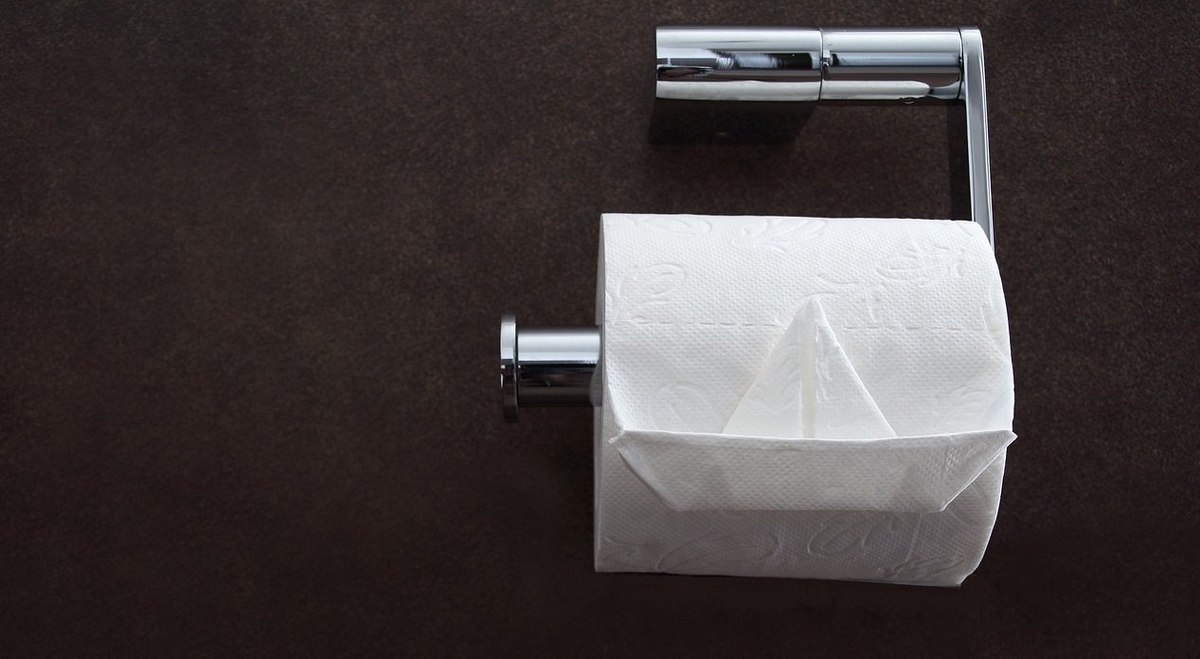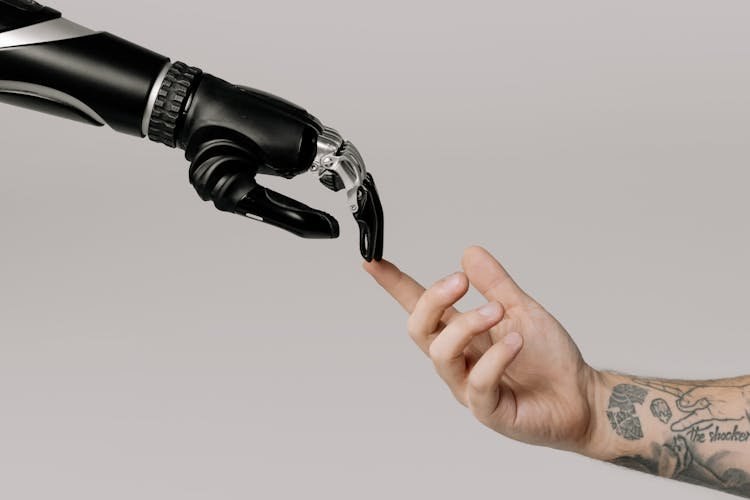
Global – 15% of consumers likely to change their cell phone brand
Purchase intentions for cell or mobile phones changed during the pandemic as more people decided to keep their phones longer and fewer people thought about upgrading or purchasing new ones. In a fiercely competitive industry, many telco businesses worked to upgrade their product appearance, quality and even software. But will these tactics spur brand growth?
A new Telco report from YouGov sets out to understand the purchase intentions and motivations of cell phone and carrier consumers across 18 international markets. It helps marketers understand consumer upgrade and switching behavior, as well as customer retention strategies. Here are a few key insights into why this report is so important for your brand's growth.
Are consumers likely to remain loyal to their current brands, or are they looking to switch?
When it comes to cell phone renewal considerations, more than two out of five global consumers say they will stick to their current phone and a third are considering upgrading with the same brand. This shows that three-quarters of consumers are brand loyalists. Only 15% are likely to consider switching phone brands.
Looking at the data by age, just over a third of global adults under the age of 44 are considering keeping their current cell phone (34-38%). This number rises to more than one in two consumers over the age of 55 (51%). On the other hand, those aged 55+ are less likely to want to upgrade or switch brands. Switching is highest among 18-24-year-olds, with one in every five considering switching cell phone brands - twice as many as those aged 55 and up.
In which market are consumers more likely to switch their cell phone brand?
Looking at the global picture, Europeans are more likely to stick to their current cell phone with the highest numbers seen in Germany, Poland, Spain and Britain markets (51-47%). On average, two out of five consumers from Mexico, Canada and the US are also likely to share the same sentiments (44-37%). When it comes to upgrading phones with the same brand, Danes (43%) are more likely to do so followed by Singaporeans and UAE consumers (39% each).
Brand switching tendencies are the highest in the Indonesian and Indian markets, while a fifth from the UAE, China and Mexico share the same viewpoint. Consumers from Britain, the US and Denmark are least likely to switch their cell phone brands.
- What encourages consumers to remain brand loyal and uncover the key motivations behind it
- Factors that encourage cell phone retention by country and age
- Tactics that could sway those who are undecided to upgrade to a newer model
- What are the reasons for upgrading with current cell phone brand?
- What are the push/pull factors of sticking or switching carriers?
- What could be done to encourage those who are considering switching to stick with their current service?
- Are carrier switchers financially motivated?
Explore our living data – for free
Discover more telco content here
Want to run your own research? Start building a survey now
Get quick survey results from nationally representative or targeted audiences using YouGov RealTime Omnibus
Make smarter business decisions with better intelligence. Understand exactly what your audience is thinking by leveraging our panel of 20 million+ members. Speak with us today.
Methodology
YouGov RealTime Omnibus provides quick survey results from nationally representative or targeted audiences in multiple markets. The data is based on surveys of adults aged 18 and over in 18 markets with sample sizes varying between 507 and 2004 for each market. All surveys were conducted online in June 2022. Data from each market uses a nationally representative sample apart from Mexico and India, which use urban representative samples, and Indonesia and Hong Kong, which use online representative samples. Learn more about YouGov RealTime Omnibus.
































